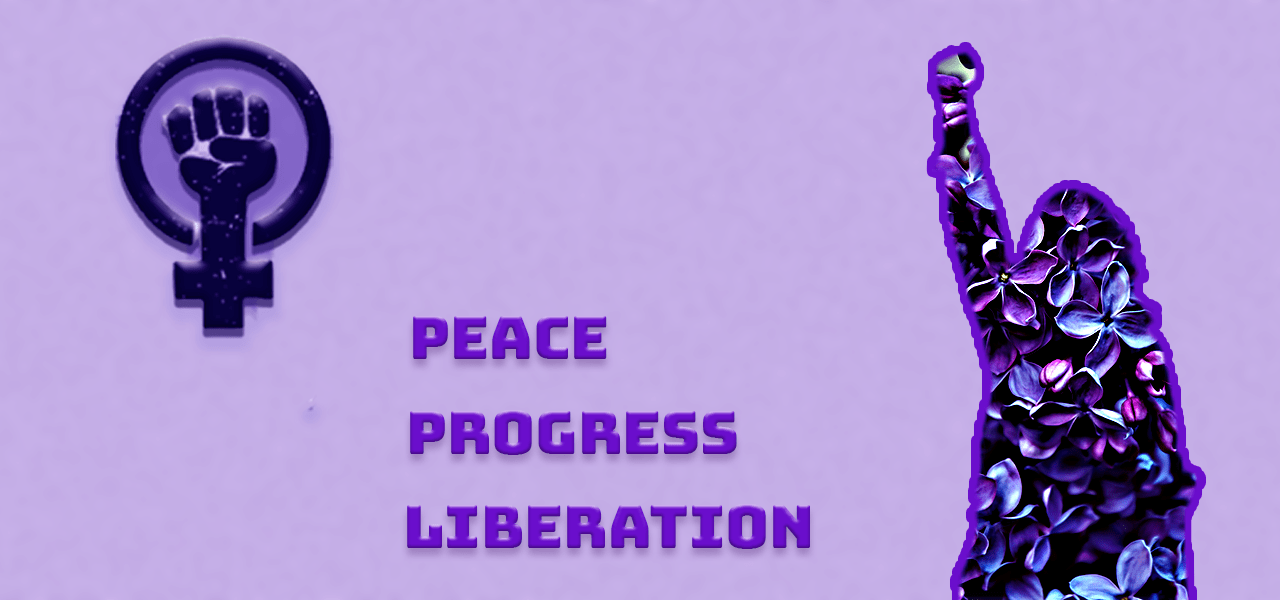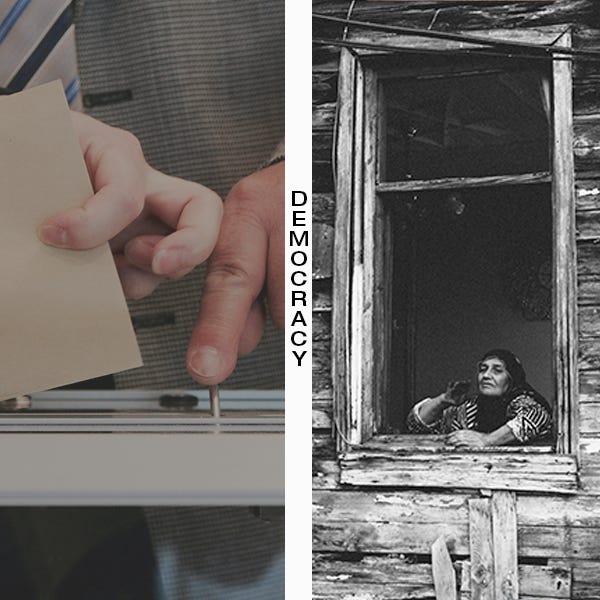Feminism has always been a movement for liberation and progress. Frequently confronted with hatred, violence, and general reluctance. Over the last two centuries, the same arguments have been used to oppose it. The most heinous anathemas have hung over and continue to hang over women seeking liberation, progress, cooperation, and social equity.
Antifeminist mythology has also flourished. Feminists have been and continue to be accused of hating men. That couldn’t be farther from the truth. They are the only ones who believe that a man’s worth extends beyond his financial or sexual performance. Another anti-feminist myth is that feminists want to destroy femininity, as if education and independence destroy femininity. And then there are those who claim to want to destroy the concept of motherhood. When women are treated with dignity and respect, how exactly is motherhood destroyed?
The reactionaries have gained enough ground in this absurd war with feminists over time. Feminists now include all women and the majority of men. Yes, if feminism means that men and women have equal access to dignity and fair treatment in society, then the vast majority of people are feminists. People, however, avoid that label as if it were a sign of social stigma.
There has been a lot of reactionary propaganda. Small-minded men and eager-to-please women failed to recognize the value of living alongside equals. They refused to see the truth and beauty in Harriet Taylor’s and John Stuart Mill’s wise words — love is only possible between equals.
The reactionaries didn’t understand and didn’t want to understand anything about the women’s emancipation movement, content to say that everything was fine and that women should stay where they belonged. Men were so oblivious to the concept of progress that Switzerland granted women the right to vote in 1971 and in some cantons in 1990. Only men were granted the right to vote in a referendum. To put it mildly, they were generous gentlemen.
However, the fight for political rights is only one aspect of the larger struggle for progress and liberation.
There have always been two main directions in the feminist struggle. The fight for political rights and the fight for economic rights. Sofia Nădejde, the Romanian socialist feminist who was both vocal and prolific, fought primarily for economic rights. She saw voting rights as a fad for wealthy women and a pitiful attempt to imitate the men of the time. Contrary to popular belief, she did not desire an equal share of misery in an unequal and unjust bourgeois society. She wished to fundamentally alter society.
Because Sofia Nădejde recognized the danger that Albena Azmanova would call the paradox of emancipation a century later: wanting to integrate as a woman in an unjust society and be equal to men in this ill-fitting society only empowers the rules of that society.
Women boasting about their leadership positions on the boards of the world’s largest arms companies are nothing more than accomplices to crime.
What do we seek? This is a more pressing question now than it has ever been since liberal feminism became its dominant form. Do we want equal amounts of inequity? Do we want to co-rule an unjust society with men? Do we want a piece of the pie? Or, as Gail Dines correctly points out, do we want to throw away this toxic pie, from which we are invited to take a slice and change things from the ground up?
What do we seek? To be proud of the fact that there are female serial killers? That we have female heads of mafia organizations as well? That we have female tank-wielders — ah, that edge that men still take pride in, reassurance that only they can kill effectively by wielding the tank. Is that what we’re after?
Sofia Nădejde, along with many other feminists, recognized the dangers of fighting for political rights, and that was the end of it. She claims that if rich men don’t do more for poor men, it’s arrogant to expect rich women to do more for poor women.
Why should we believe that the privileged women of today, the wage-earning women, the mothers, the battered women, the discriminated women, the harassed women, the trafficked women, the women poor women, will do more for us?
Gabriela Firea’s (the current Romanian Minister of Family, Youth, and Equal Chances) first legislative package aims to cover in vitro fertilization costs! In a country that ranks first in the EU for sexual exploitation of women and children.
Feminism cannot be pro-capitalist or pro-imperialist at the same time. We have nothing to gain as women from the ‘holy’ wars that the ruling elites of the day want to throw us into. Let us stand in solidarity with feminists everywhere and refuse to support any militarist bloc.
Let us stop praising war heroes. They are death angels. Whether their name is Putin, Zelensky, Biden, Erdogan, or whatever leader is sold to us as a hero on one side of the fence or the other. Let us stop glorifying violence and falling in love with men with steel muscles and clay minds. Refrain from dating men who glorify violence and heroism. Anyone who wants to be a hero can begin by washing dishes! Fighting and killing in public is simple. Taking care of a baby is infinitely more difficult.
Here are some of the issues I believe feminists should be concerned about today.
- To make feminism a badge of honor, a label that bears the marks of women’s struggles for liberation and progress, who have not once paid the ultimate price to obtain the semblance of dignity we all enjoy today.
- Let us not fall into the traps set by an unjust society, and let us not be satisfied with sharing the rule of an unjust world with men.
- Let us remove work from the productive capitalist circuit and not include sex and care in it.
- Let us campaign for workplace democracy, a guaranteed minimum wage, and a better tomorrow.
- Refuse to encourage and sympathize with pro-war men.











